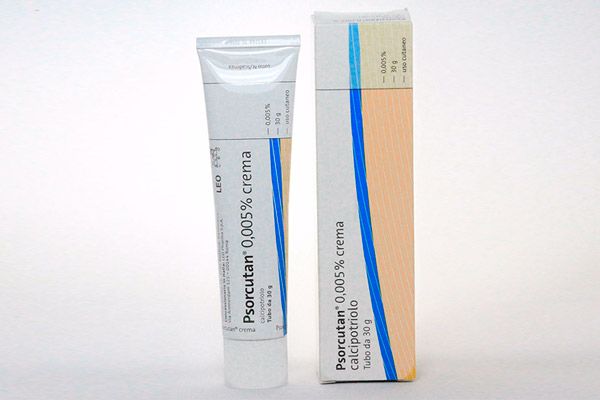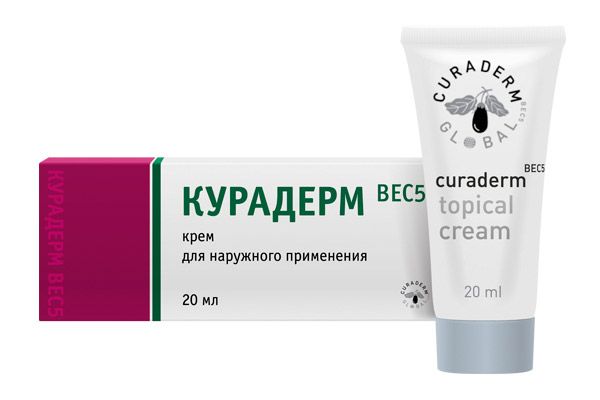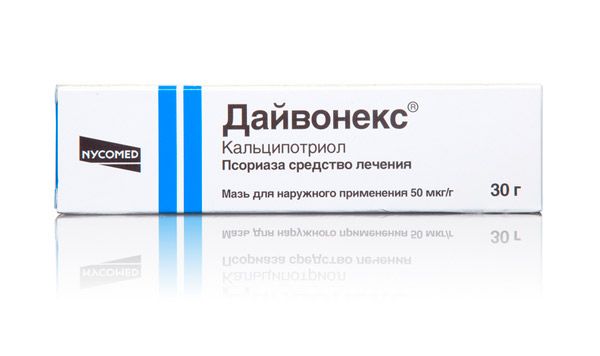Medical expert of the article
New publications
Preparations
Vitamin D for the treatment of psoriasis
Last reviewed: 03.07.2025

All iLive content is medically reviewed or fact checked to ensure as much factual accuracy as possible.
We have strict sourcing guidelines and only link to reputable media sites, academic research institutions and, whenever possible, medically peer reviewed studies. Note that the numbers in parentheses ([1], [2], etc.) are clickable links to these studies.
If you feel that any of our content is inaccurate, out-of-date, or otherwise questionable, please select it and press Ctrl + Enter.
Vitamin D for psoriasis helps reduce the rate of proliferation of skin cells, thereby slowing down the process of pathological changes in the epidermis, characteristic of this disease.
Pharmacodynamics
Antipsoriatic drugs with vitamin D are able to freely pass through cell membranes and bind to fibroblast and keratinocyte conductors, as well as certain forms of leukocytes.
Depending on the dose, Psorkutan suppresses the process of keratinocyte proliferation and increases the rate of their morphological differentiation. It has a weak effect on calcium metabolism in the body (this process is 100 times weaker than similar indicators with the participation of vitamin D3).
The substance calcipotriol effectively suppresses the activity of T-lymphocytes, which is caused by the action of IL-1. It also controls the immune processes occurring in the skin. After applying the cream, ointment or solution to the skin, the development of the therapeutic effect occurs within 14 days.
Pharmacokinetics
As a result of application to the skin, a maximum of 1% of calcipotriol is absorbed. Some of the substance undergoes biotransformation in the liver, during which low-activity decay products are formed. The resorbed substance is excreted through the intestines and kidneys.
Dosing and administration
Medicines come in different forms – for example, ointments, creams, and lotions. The latter should be applied to the nail plates, as well as the skin in the hair area (but in this case, this method of treatment becomes less effective – hair prevents maximum impact on the skin).
The recommended weekly dosage of vitamin D preparations is 100 g for adults, 75 g for children aged 12+, and 50 g for children aged 6-12. There is no data on the use of ointments for the treatment of children under 6 years of age. The result of using the ointment appears after 8-12 weeks of therapy. This treatment method can be combined with other local procedures (for example, physiotherapy).
The use of Psorkutan begins with applying this medicine to a small number of plaques for 1-2 days - to track the skin's reaction to the drug. If no allergy occurs, treatment is carried out according to the scheme - performing the procedure of applying the ointment twice a day.

Curatoderm is used in cases of moderate or mild psoriasis - it should be applied daily before bedtime for a maximum of 8 weeks. It should be taken into account that the medicine is allowed to lubricate no more than 20% of the skin surface.

Silix is also used for mild to moderate psoriasis. The ointment is applied to the affected areas of clean and dry skin twice a day (morning and evening). The maximum amount of the medicine that can be applied per day is 35% of the skin surface. On average, the treatment course lasts about 6 weeks, but if necessary, longer therapy can be prescribed. In addition, the drug is sometimes used for maintenance treatment.
Daivonex is allowed to be applied to a maximum of 30% of the epidermis surface, since if this indicator is exceeded, the ointment absorption surface increases, which can result in unpleasant complications. This medicine should be applied twice a day.

In case of psoriasis, you can also take vitamin D orally - the daily dosage is 1.5 mg (three times a day, 0.5 mg). The course duration is about 1-3 months. If vitamins are used in maintenance treatment, then they need to be taken for 1 year - monthly courses with intervals of 1 month between them.
Ointments with vitamin D for psoriasis
Antipsoriatic ointments containing vitamin D are non-hormonal drugs with anti-inflammatory properties. Since a strong inflammatory process develops on the skin areas affected by psoriasis, skin cells begin to divide at an accelerated rate, after which their scales accumulate on its surface.
Scientific testing has helped to establish that application of ointments with vitamin D (category D3) to the skin results in a slowdown in cell division in the epidermis. As a result, the intensity of inflammatory processes is reduced.
Use of vitamin D for psoriasis during pregnancy
During pregnancy, the use of antipsoriatic drugs containing vitamin D is contraindicated.
Contraindications
When using Daivonex ointment, you should avoid keratolytic sessions, as well as phototherapy, which use salicylic acid. Also, this medicine should not be applied to children under 6 years of age.
Other antipsoriatic ointments are contraindicated in case of hypersensitivity to the components of the drug, as well as for children under 12 years of age.
Side effects of vitamin D for psoriasis
Since medicines containing vitamin D can provoke irritation in areas of the skin that have increased sensitivity, it is not recommended to apply them to skin folds - in the groin, armpits, and also under the mammary glands. Another place sensitive to such ointments is the face - for example, irritation of this area of the skin in some cases causes Psorkutan ointment.
Also among the side effects of antipsoriatic drugs are reactions such as the development of hypercalciuria or hypercalcemia. Basically, such an effect develops as a result of prolonged use of drugs or after an overdose.
Overdose
As a result of overdose, the concentration of calcium in the blood increases. This process entails the development of pathological processes, and also causes the following symptomatic manifestations:
- loss of appetite;
- the appearance of vomiting with nausea;
- in some cases constipation begins;
- there is a feeling of fatigue, weakness and lethargy.
Interactions with other drugs
Psorkutan should not be combined with local medications containing salicylic acid.
When Silix is combined with thiazide diuretics, the dosage of vitamin D increases, which increases the likelihood of hyperkalemia.
 [ 29 ]
[ 29 ]
Reviews
Vitamin D is necessary for psoriasis, as it helps to heal the skin properly, as well as speed up the regeneration processes. Reviews indicate that drugs containing these substances have a positive effect on the treatment of psoriasis, slowing down pathological changes in the skin.
Attention!
To simplify the perception of information, this instruction for use of the drug "Vitamin D for the treatment of psoriasis" translated and presented in a special form on the basis of the official instructions for medical use of the drug. Before use read the annotation that came directly to medicines.
Description provided for informational purposes and is not a guide to self-healing. The need for this drug, the purpose of the treatment regimen, methods and dose of the drug is determined solely by the attending physician. Self-medication is dangerous for your health.

